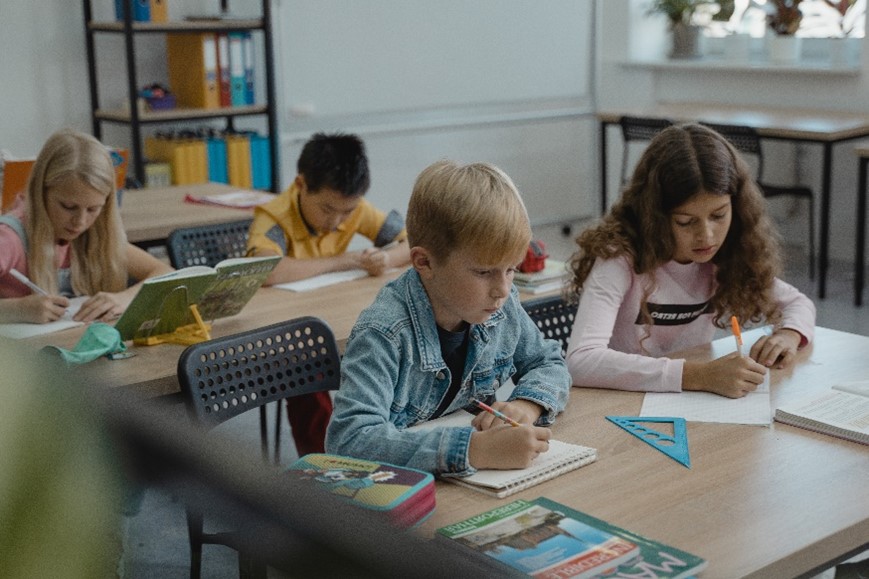
Deaf Support Team
Provides advice and support throughout the county regarding the educational needs of hearing impaired children.
The Hearing Impairment team offers support from Qualified Teachers of the Deaf (QToDs), an Educational Audiologist and peripatetic Specialist Teaching Assistants. All have extensive experience of working with Deaf children or young people (CYP) from birth to 25 years, with a range of communication methods (including sign language) to overcome barriers to learning. Support is offered from the point of diagnosis until the child leaves education.
As part of the service offer commissioned by the local authority, we provide assessment, teaching, monitoring and review of children and young people based on eligibility criteria. Schools, settings and families are offered practical support and targeted strategies, to remove the barriers to learning close and maximize each child’s potential. The National Sensory Impairment Partnership (NatSIP) criteria and teacher assessment are used to help determine the level of involvement for each child or young person.
Schools and settings can purchase additional support where the needs of the child or young person do not meet the threshold for commissioned involvement. Visit the sensory impairment support tab for further information on what is delivered as part of our traded offer.
Referrals
We will accept referrals from settings, schools, professionals and parents of children with a diagnosed or suspected vision impairment.
Resources
Download:
Order services
Contact the team
To discuss your requirements for vision impairment support please contact:
- email: SensoryImpairment@worcestershire.gov.uk
- phone: 01905 843975






 Facebook
Facebook X
X Email
Email WhatsApp
WhatsApp Messenger
Messenger